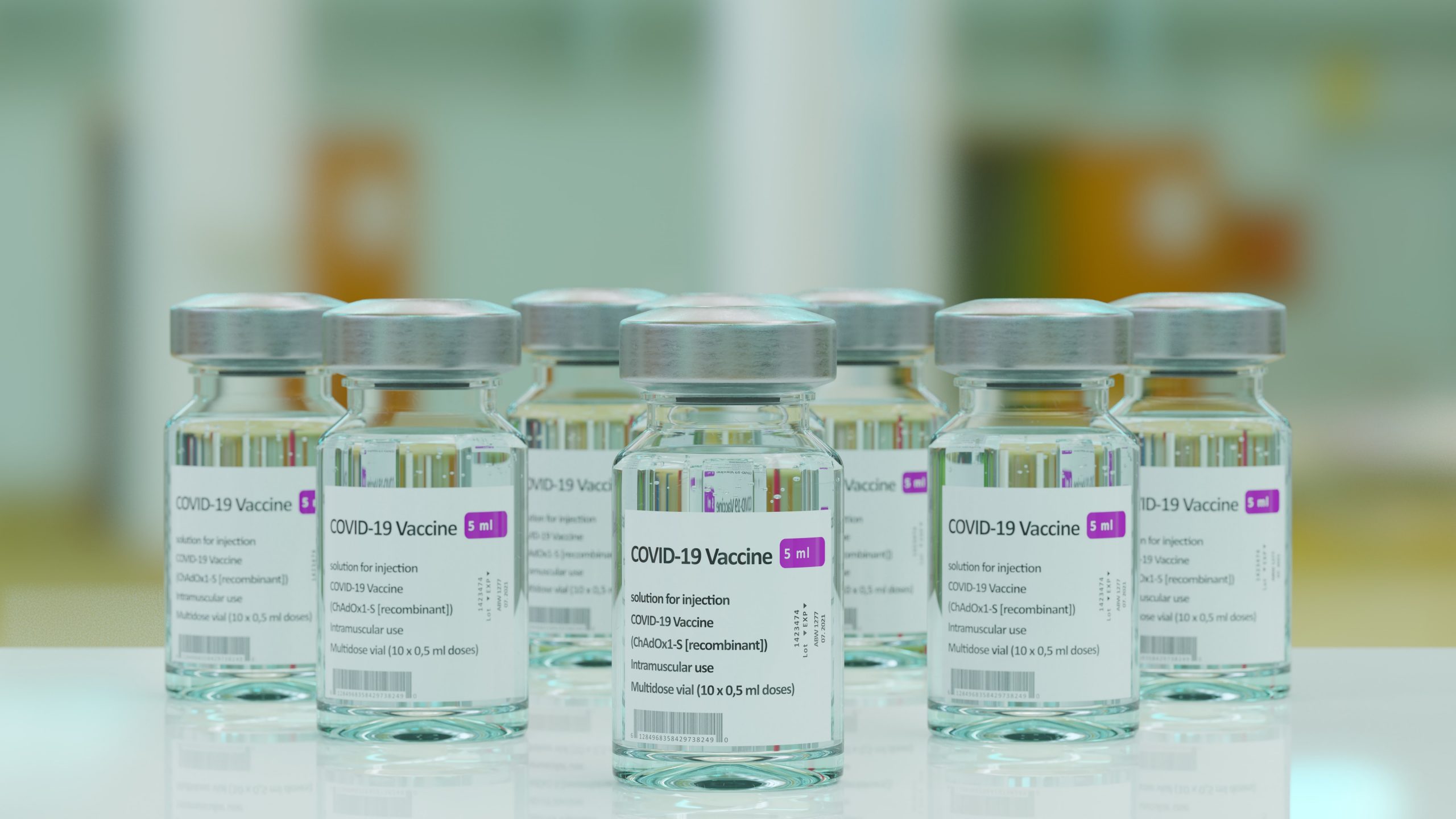
Lauren Dempsey, MS in Biomedicine and Law, RN, FISM News
[elfsight_social_share_buttons id=”1″]
A new study from Qatar further confirms what many had assumed, that natural immunity prevents severe reinfection of COVID-19.
In a letter to the editor of the New England Journal of Medicine, authors of the study share data they collected through three waves of infections from SARS-CoV-2 from March through June of 2020 and again from January through May of 2021. Researchers saw this as “an epidemiologic opportunity to assess reinfections” and were able to obtain important information on natural immunity. This is due to the fact that after the first wave of infections “approximately 40% of the population had detectable antibodies against SARS-CoV-2.”
The study included over 265,000 individuals with a positive PCR test, and reinfection was considered when an individual had a second positive PCR test 90 days after their initial positive swab. The study did not include vaccinated individuals.
Results from the study are promising and contribute to the growing body of scientific evidence that natural immunity is sufficient in providing protection from COVID-19. Most notably, data from the study revealed that no one who was reinfected with the virus had to be admitted to the ICU or died:
Reinfections had 90% lower odds of resulting in hospitalization or death than primary infections. Four reinfections were severe enough to lead to acute care hospitalization. None led to hospitalization in an ICU, and none ended in death. Reinfections were rare and were generally mild, perhaps because of the primed immune system after primary infection.
The authors wrote that “for a person who has already had a primary infection, the risk of having a severe reinfection is only approximately 1% of the risk of a previously uninfected person having a severe primary infection”. This data is important when considering that millions of people have recovered from COVID-19.
A different study from Yale also indicates that natural immunity lasts at least 17 months post infection, providing immunity for much longer than any of the available COVID-19 vaccines that are currently available.
Still, several experts continue to express concern that natural immunity is not as strong as vaccine-induced immunity and are pushing vaccination and booster shots among those who were previously infected, citing a study recently published by the CDC. Other experts, however, believe this CDC study is flawed pointing out that it contradicts previous studies carried out by the agency. Understanding the duration and durability of immunity provided through infection or through vaccination is important as this issue drives public health policies and the Biden administration continues to push vaccine mandates.
Numerous scientific studies have now been published that indicate natural immunity provides superior and durable protection against COVID-19. Regardless, it seems as if some in the medical community (and beyond) are afraid to “break ranks” and acknowledge these sets of data, as several experts have expressed the notion that to question them is to question science. Bureaucrat and physician, Dr. Fauci, recently stated in an interview with CBS’s “Face the Nation,” his critics are “really criticizing science, because I represent science. That’s dangerous.”
That nature of science and healthcare is that it continues to change as new studies are conducted and new information is discovered. It is essential to public health and safety that experts in these fields make recommendations that truly informed by science.
